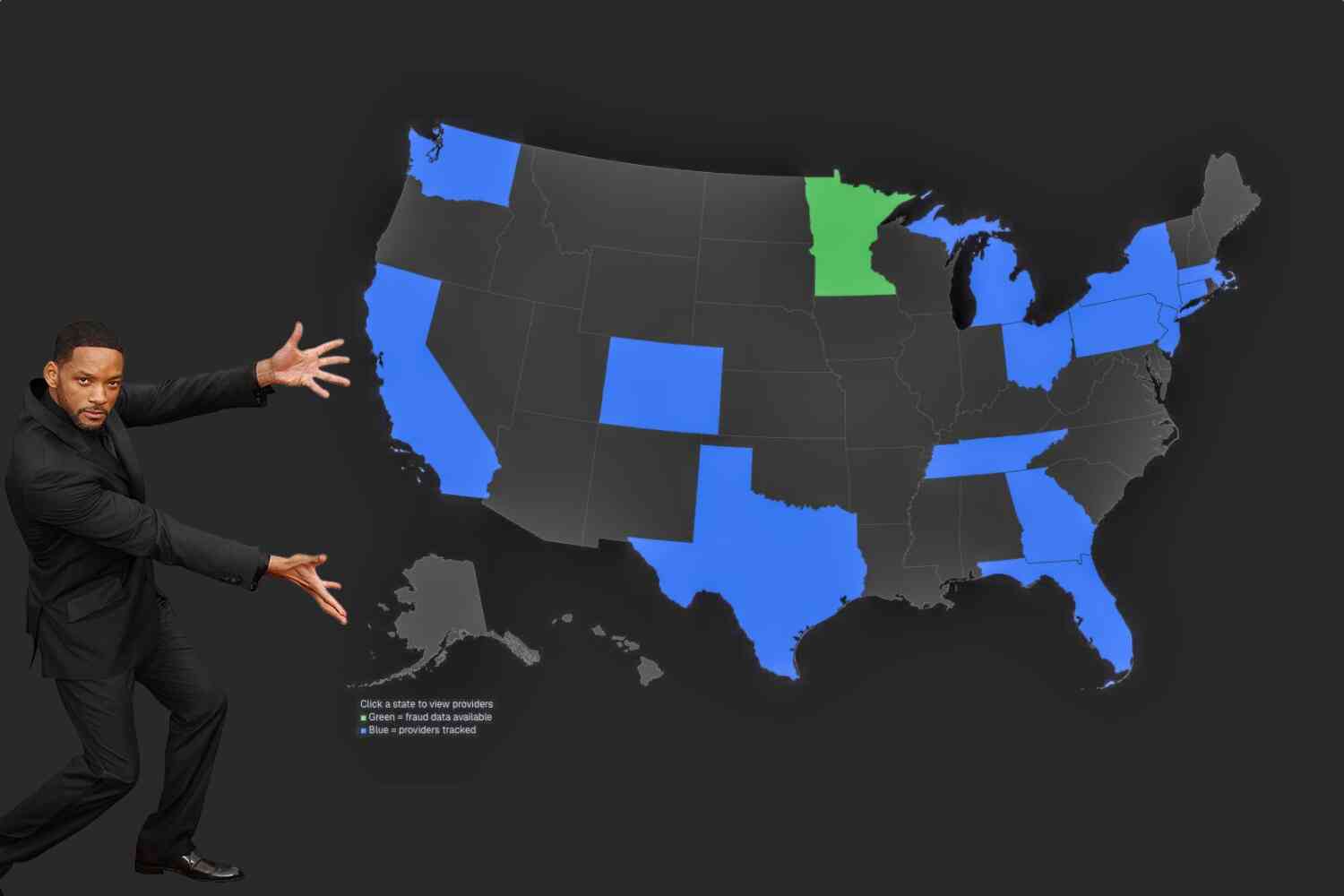In defiance of Amy Coney Barrett's Monday confirmation to the Supreme Court, Democratic senators expressed a flood of angry words.
Among the stupidest things expressed during the day, however, was Senator Ed Markey's statement that judicial originalism is akin to evil.

Let's take a step back and define some terms, shall we? "Originalism" is simply the school of thought that judges should interpret the Constitution and our nation's laws as the founders intended. That is to say, if the Constitution says "Congress shall make no law," then Congress ain't gonna make any laws.
Many Leftists, however, don't like this idea of honoring the authors' intent in lawmaking, executive edict, or judicial practice. Instead, they advocate for a "living" interpretation where judges should draw out new meaning based on our current ideals and circumstances. This is the train of thought behind decisions such as Roe v. Wade on abortion and Obergefell v. Hodges on same-sex marriage. In these cases, judges believed that they could interpret the Constitution through our modern context instead of the other way around.
Now that we've defined these sides of the aisle, let me explain why the latter judicial view is reckless and inane with two points:
- First, it sets a precedent for changing policies based on current trends and fads, erasing any notion of inherent, unchangeable rights.
- Second, it destroys the wheels of democracy – where individual citizens must rigorously participate in the marketplace of ideas to elect representatives that will best push their vision for a flourishing society – by creating a "might makes right" precedent where a handful of unelected judges unilaterally decide how society will operate.
Beyond the utter destruction of our separation of powers embodied in the branches of government and our federalist system, such jurisprudence asks a question we should all be wary of:
"Did the Constitution/ Founders/ Congress/ President/ Laws/ God really say?"
Such a question should send a chill up our spines, for this line of questioning was the first posed to humanity by the snake in the Garden. Whether or not you believe in that biblical account, it is a story that has been shared for millennia – the first account of deception and predation in history. Even the most ardent atheist could walk away from that story with a heightened awareness of anyone with such a line of questioning.
"Now the serpent was more crafty than any of the wild animals the Lord God had made. He said to the woman, "Did God really say, ‘You must not eat from any tree in the garden'?" - Genesis 3:1
"Did God really say?"
As a self-professed theology nerd, I'm overly picky about biblical interpretation methods. The most important element of interpretation is proper exegesis – that is, the careful analysis of a text based on the author's intent, the historical context, grammatical understanding, and harmonization with other passages. The term literally means "to lead out of," meaning that our understanding flows from the text instead of imposing our understanding on the text. When we do this, we root ourselves on a fixed, unchanging foundation of truth.
There is a term for pushing our thoughts on the text, however, and that is eisegesis. In this case, a person looks at what idea they want to promote, explores various passages of text to support that idea, reframes definitions to fit if needed, and then applies that idea to their daily lives.
This latter practice has led to devastating misapplications of Scripture throughout history. Its framework is subjective, meaning that you can make the Bible say whatever you want it to say. We see this today with controversial issues such as abortion and sexual identity (anyone remember the "Queen James Bible"?).
What left-leaning judges do in their interpretation of the law is no different than biblical eisegesis. They have an opinion, search the law to find an obscurely-worded passage that will support that opinion, redefine the terms if necessary, and then mandate that you live according to their interpretation.
In no other discipline would such a subjective view be tolerated. A student who attempts to impose their own answers on an exam fails. An engineer who tries to reinterpret the laws of physics is fired. A construction worker who imposes his own interpretations on bridge blueprints is imprisoned when it inevitably collapses.
If the law is subject to the times and the times are not subject to the law, why should only a judge be allowed the privilege of interpretation? Would those like Sen. Markey be upset if I decided to simply interpret my version of reality as opposed to his own? By what benchmark are we even operating? If judges are the referees of the political game, but are allowed to score touchdowns for one team or another by redefining the rulebook as they see fit, what's the point of even playing the game?
Fortunately, a few fine people on Twitter schooled the senator and his supporters on this display of idiocy.
Now perhaps you may lecture me for comparing the Constitution to the Bible. After all, the Constitution is a human document that few, if any, would say is perfect.
That's exactly why a process to amend the Constitution exists. That's precisely why a legislative branch of the government exists. That's why the first frickin' amendment states "the right of the people peaceably to assemble and to petition the government for a redress of grievances."
But people like Markey want to burn the whole thing down, breaking down the walls that separate powers in the process.
And that's the point.
After the decades of legislating that Ginsburg did from the bench, I can confidently say I'm glad to have someone like Barrett who will interpret the law as it is written so that the other systems of democracy can function.
Remember kids: don't listen to those who redefine terms and beg the question of original intent. Nothing good has ever come from it. Human history is proof of that.









